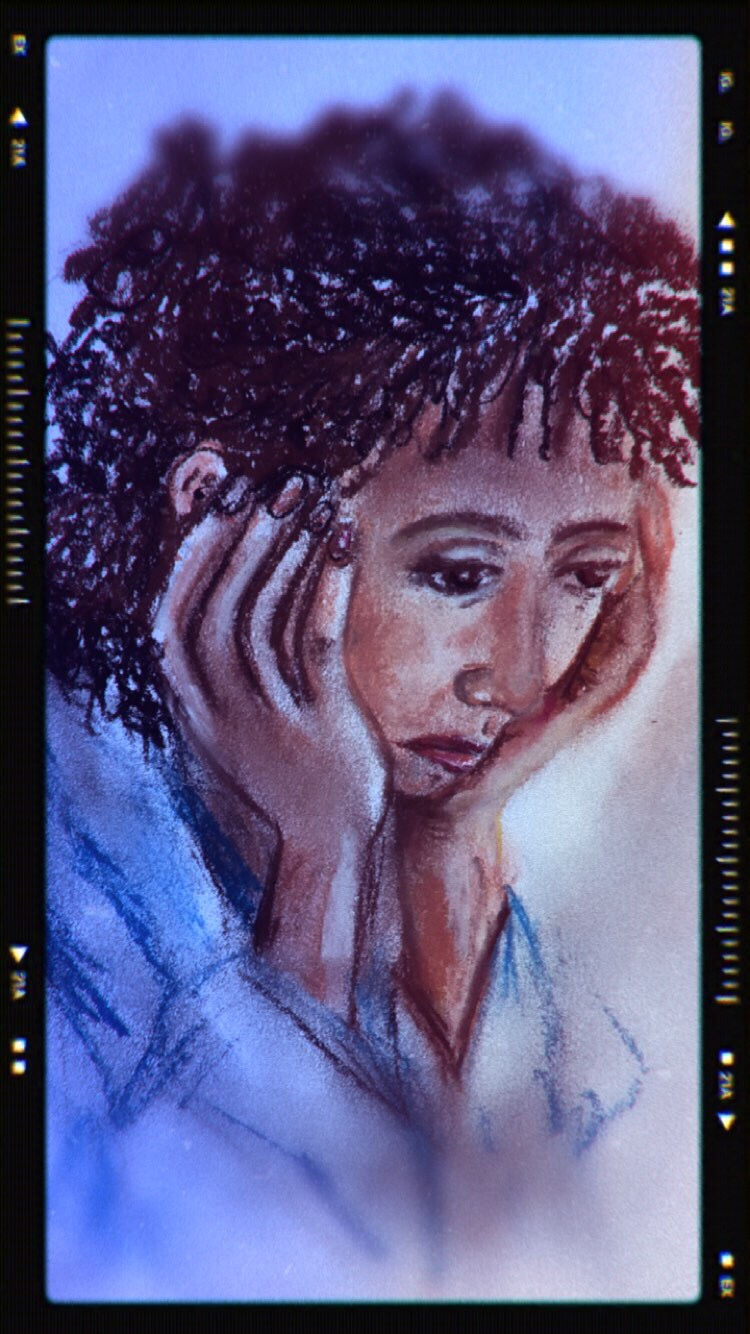"I want out of this cycle."- An eating disorder road to recovery.
- Carene Hadad
- Jul 5, 2019
- 2 min read
Updated: Feb 11, 2022
-Do you find yourself making resolutions, promises and vows in attempts to control the the food?
- Do you 'intellectually' know what you might 'need' to do, yet have difficulty following through?
- Do you have pre-occupation with dieting, scales and weight loss?
- Do you use food as a way of coping and escaping from daily hardships?
- Do you see yourself in a cycle of guilt and self-hate after a binge?
- Do you watch other people living their lives and you feel like an outsider?
When we are locked into a pattern of restriction of food and binging large amounts of food, we can often feel defeated. Intense emotions of guilt and self-hate linger around our minds. It may cause us to isolate and sink into a depressive state. We may be functional in the world, yet deep down we know something is off. We know this is not a healthy way of living. We might have tried multiple things to help get out of this cycle. We might have tried diet clubs, online apps, watched all diet related YouTube videos and followed people on instagram for additional motivation. Perhaps we had period of time where we felt we can control the food, but it was short lived.
"The road to recovery is not a straight line, it has many ups and down and loops along the way"
Everything that happened up until this point can be used as wisdom moving forward. With repetitive work on the inner critic, we can start to hear an encouraging voice rather than self-criticism. We stop to waste time blaming ourselves, but instead we try and see it as a learning lesson and do things differently. There are tools and skills that often relate to challenging some of our core beliefs about the world and about ourselves.
Self-criticism tools can be a great place to start to help combat those inner voices.
When we start to talk to ourselves with less judgement and more empathy, we start to lower symptoms of self-hatred and guilt that only continues the unhealthy cycle. Often times we need additional help getting to this point. Support groups and individual therapy can help us come from behind our false cheerfulness and into a healing process. All of it is a process that takes effort and work, yet it is all worth it in the end.
Just remember you are not alone. There is hope. There is great growth and a life of freedom from the obsessive noise for as long as we work towards that.




Comments